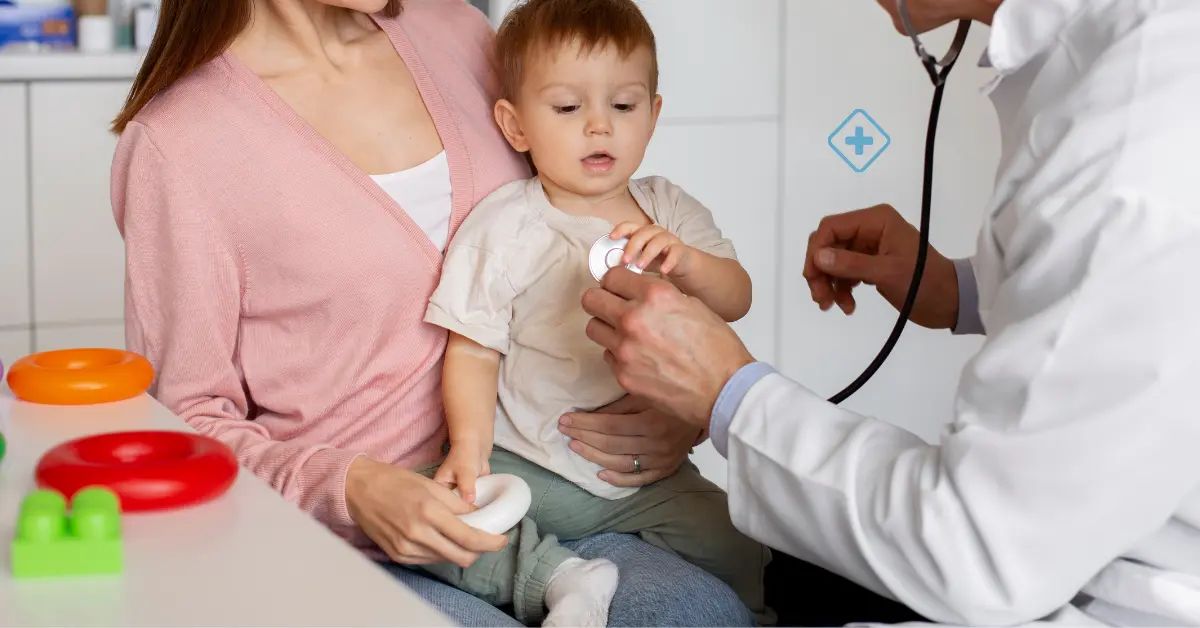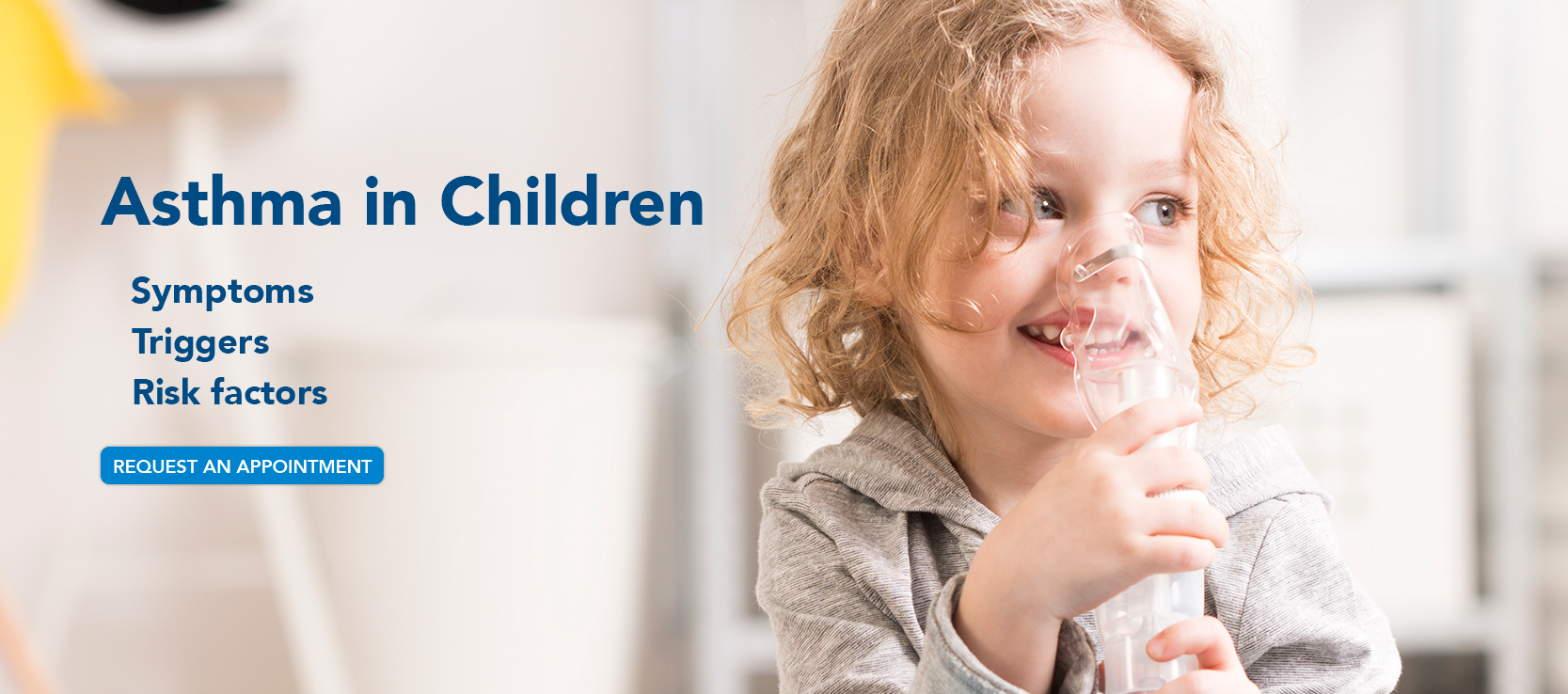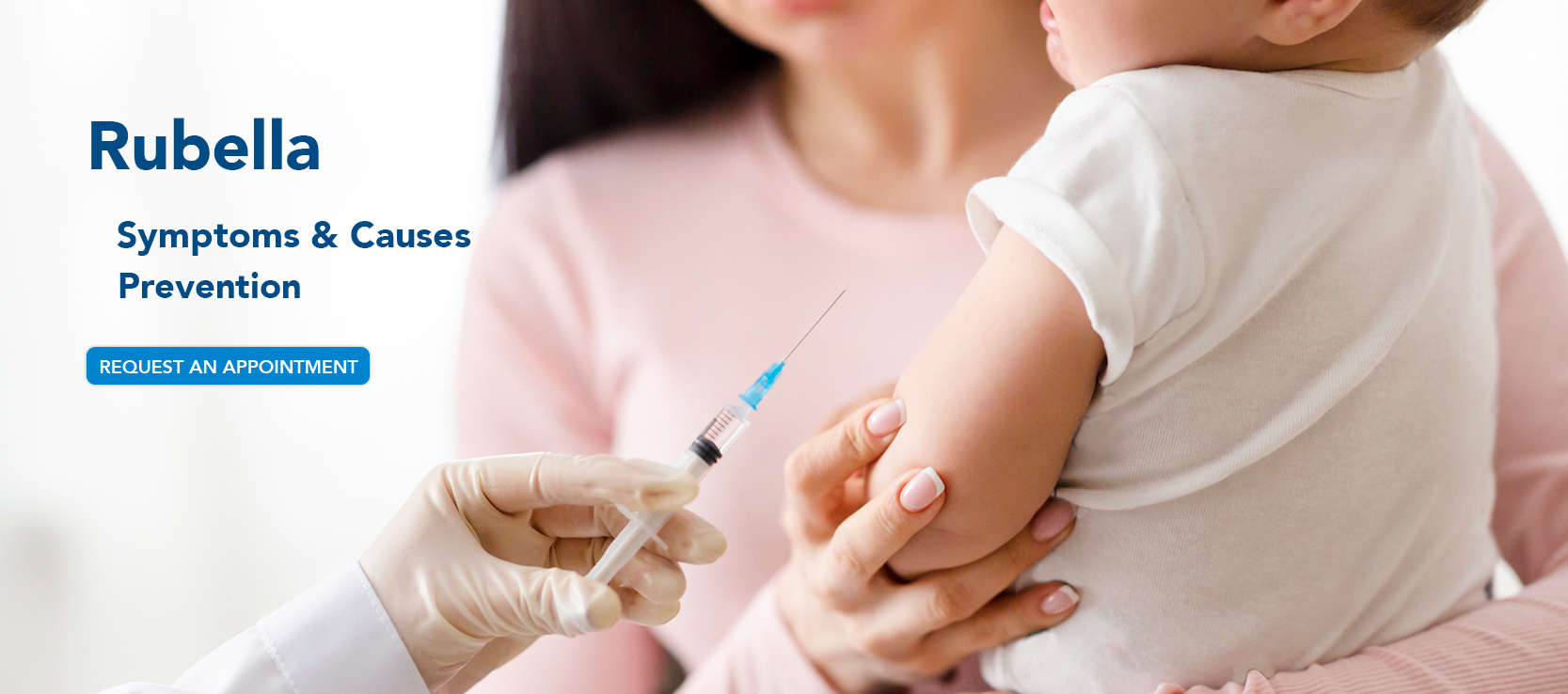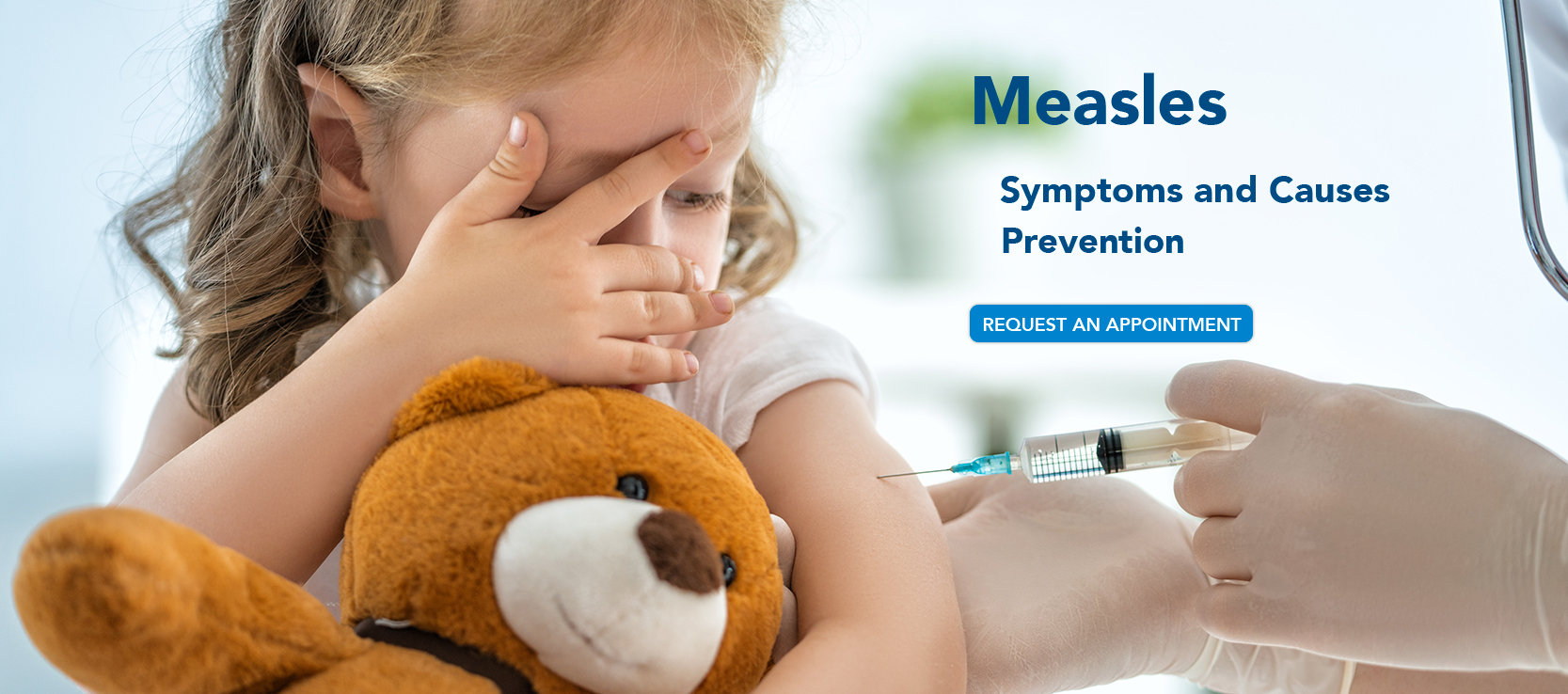
Children Gastroenteritis
Gastroenteritis in children can have different causes. The most frequent way of contagion can be viral, bacterial or parasitic.

Gastroenteritis is a common disease that affects children of all ages. It is characterized by inflammation of the gastrointestinal tract, resulting in symptoms such as nausea, vomiting, diarrhea and abdominal pain.
This condition can be of viral, bacterial or parasitic origin, and is easily transmitted from person to person through contaminated food and water, direct or indirect contact with infected people.
What are the symptoms of gastroenteritis in children?
The symptoms of gastroenteritis in children can vary, but the most common include:
-
Vomiting
-
Diarrhea
-
Abdominal cramps
-
Fever
-
Loss of appetite
Children can also experience headaches, general discomfort and dehydration, which can manifest itself through dry mouth and tongue, crying without tears, decreased urine production and lethargy.
Causes of Gastroenteritis in Children
Gastroenteritis in children can have different causes. The most frequent way of contagion can be viral, bacterial or parasitic. Viruses such as rotavirus, norovirus and adenovirus are usually responsible for most cases of gastroenteritis in children. Bacteria such as Salmonella, Escherichia coli (E. coli) and Campylobacter, as well as parasites such as Giardia lamblia, can also cause the disease.
In addition to infections, gastroenteritis can be caused by food allergies, lactose intolerance or medications.
Can Gastroenteritis in Children Be Prevented?
Although gastroenteritis can be difficult to prevent completely, measures can be taken to reduce the risk of contracting it. Some preventive measures include:
-
Proper hygiene: Wash hands with soap and water before eating, after using the bathroom and after changing diapers. It is also important to teach children good hygiene habits and the importance of washing their hands properly.
-
Vaccination: Vaccinating children against rotavirus, one of the leading causes of severe gastroenteritis in young children, can help prevent the disease.
-
Safe food handling: Be sure that food is properly stored, cooked at safe temperatures and consumed before the expiration date. Avoid eating raw or undercooked foods and wash fruits and vegetables thoroughly.
-
Avoid contact with infected people: If there are cases of gastroenteritis in the child's environment, it is important to limit contact with sick people and avoid sharing utensils, glasses or plates.
Treatment for gastroenteritis in children
The treatment of gastroenteritis in children focuses primarily on relieving symptoms, preventing dehydration and promoting recovery. These are the most common measures used in the treatment of gastroenteritis in children:
Fluid replacement
It is recommended to provide fluids in small amounts and frequently, using oral rehydration solutions available in pharmacies.
Proper diet
Soft, easily digestible foods such as rice, apple purée and banana are suggested. It is important to avoid fatty, spicy and high-fiber foods, as they can worsen symptoms.
Medications
In some cases, medications may be prescribed to control symptoms. It is crucial to consult a doctor before administering any medication to a child, as some may not be appropriate or safe in certain situations.
Medical monitoring
In severe cases of gastroenteritis, especially when there are signs of severe dehydration, the child may need medical attention and hospitalization.
In these situations, doctors can administer intravenous fluids and provide specialized care to ensure the child recovers properly.
It is important to note that the treatment of gastroenteritis in children varies depending on the severity of the disease and individual circumstances. Therefore, it is essential to seek medical guidance to determine treatment and have adequate control.
Go to BlueNetHospitals if you suspect this condition or other discomfort in your children. Schedule an appointment with our specialists at the Children Clinic Los Cabos, in case of worst symptoms, go immediately to the emergency room.
BlueNetHospitals
Blue Net Hospitals - BlueNet Hospitals

Newborn Care
Asthma in Children
Rubella
Measles
- Do You Need an Appointment with a Specialist?
- call us
- write us
- let's talk





